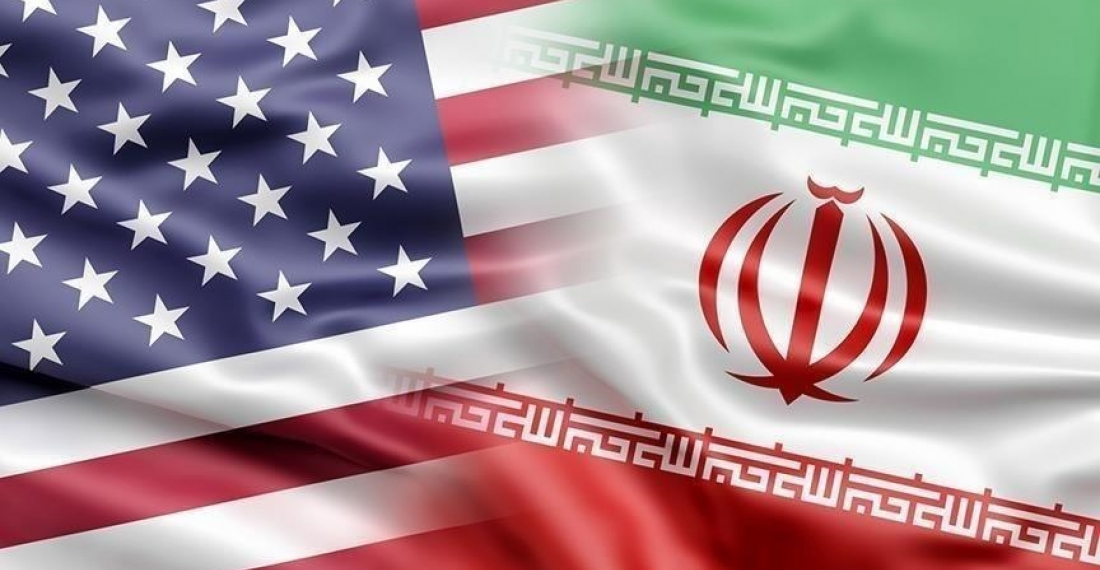After years of tension and months of negotiations, it appeared in August that the process of reviving the Iran nuclear, known as JCPOA, was coming to a successful close. The EU negotiators, who had been leading the difficult discussions, made what they said was the "final offer", and early indications from both Tehran and Washington appeared to be positive. In Brussels, officials were cautiously optimistic that a deal was in the bag.
But the process dragged on and reports in some Middle East media sources appear to suggest that it has now grinded again back to a halt.
The US said Iran’s latest response was “not constructive”.
The discussions are aimed at reviving the original the 2015 agreement to curb Iran’s nuclear program in return for the lifting of economic sanctions, after it in practice collapsed in 2018 when the US pulled out.
“We can confirm that we have received Iran’s response through the EU,” the US State Department said on Friday. “We are studying it and will respond through the EU, but unfortunately it is not constructive.”
The Biden administration, whilst committed to trying to reach a deal, has its misgivings, and is under pressure from Israel not to.
Commenting on the latest developments, Ram Ben-Barak, head of the Israeli parliament’s foreign affairs and defence committe said Western powers could obtain a better agreement than what was currently on offer.
“We must draft a much better deal with a much longer stick. And this is what we’re not seeing,” the senior Knesset member said.
“What Israel wants is something better in place of this deal. Something better means telling the Iranians, ‘Listen, you will not have a nuclear program’,” according to Ben-Barak.
source: commonspace.eu with agencies






